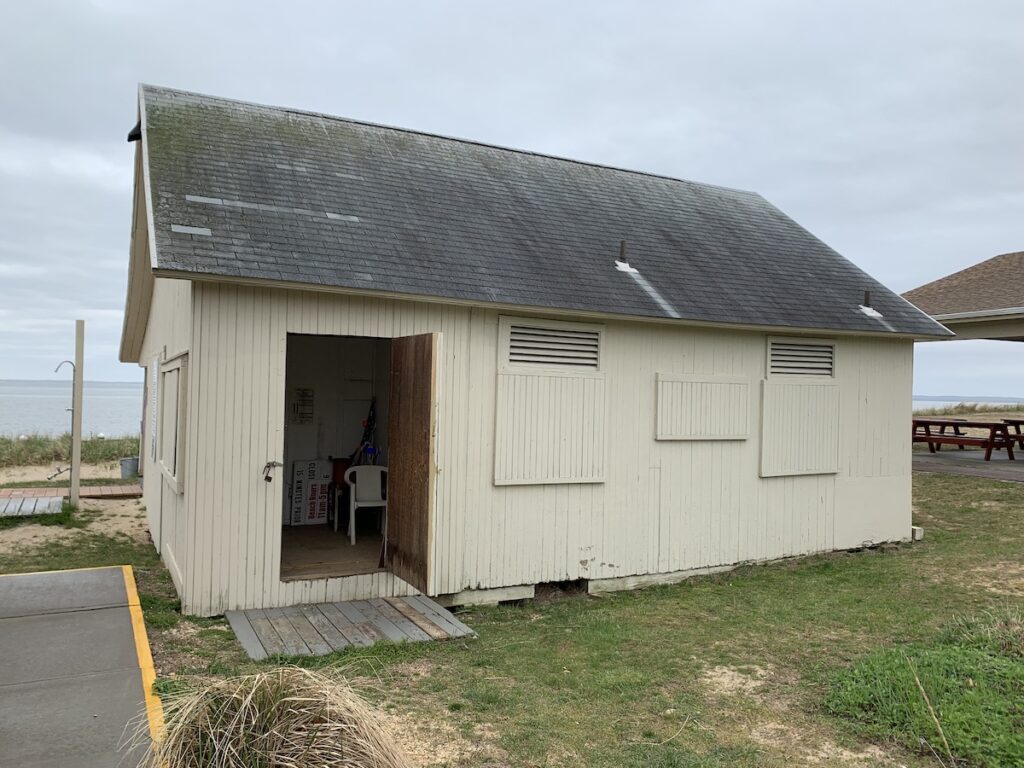Southold Town may clarify sanitary code to support downtown development

Southold Town is considering making amendments to its sanitary flow code to help spur development in downtown areas.
The current code states that the town’s sanitary flow bank can be used to promote a “broad range of housing and business” opportunities, but does not offer specifics on eligible projects, Town Supervisor Scott Russell said.
“The proposed changes are to provide more specific eligible uses and location of where the flow would be transferred to,” Mr. Russell said Wednesday.
At a work session last Tuesday, town attorney Bill Duffy outlined proposed changes to the code that would more clearly define the town’s goals.
He said the code was originally designed to promote land preservation while allowing for development in sensible areas. “We felt like that wasn’t really happening because all that could be used for sanitary flow was affordable housing and we thought we were losing some opportunities to revitalize our hamlet areas,” Mr. Duffy said.
Under the proposal, eligible projects would include uses already permitted in the town’s zoning code as well as affordable housing districts in hamlet centers and town municipal buildings such as the new town hall annex.
Receiving districts more ripe for development would also be more clearly defined as areas zoned Hamlet Business, Residential Office and Affordable Housing Districts in hamlet centers.
Sanitary credits from preserved land could be transferred at a rate of 300 gallons per day per 20,000 square feet or 600 gallons per acre, which Mr. Duffy said is more in line with existing standards set by the county health department.
“We’re just establishing that as the same flow in our program,” he said. “Previously we only went by [lot size] instead of going by the square footage.”
It also carries environmental conditions, such as requiring transfers to be within the same groundwater management zones.
Credits earned outside of Southold Town would not be acceptable. “We didn’t want pine barrens credits from up the island being used to overdevelop Southold town,” the town attorney explained.
Mr. Duffy reported that the town’s planning department supports the proposal, which could promote additional mixed use opportunities while Councilwoman Sarah Nappa suggested the town receive input from the town’s land preservation group as well.
Ms. Nappa said she sees several “red flags” with the proposal, including the threat of overdevelopment. “It’s one thing to repurpose old buildings, but if we’re opening this up to all of [Hamlet Business,] it seems that this could be really moving in the direction of development for the hamlet centers,” she said. In addition, she said the system would “allow the town to pick winners and losers” based on who they sell credits to.
Applications would be reviewed on a case-by-case basis, allowing the town to consider impacts and ensure covenants remain in place for affordable housing units.
“You’re going to review each one and decide whether that project is right for the town or not,” Mr. Duffy said. “If you think it’s something that’s worthwhile and good for the town, you can give them the credit. No one’s entitled to a flow credit.”
While Supervisor Scott Russell agreed that the program should focus on adaptive reuse of existing buildings, he said the town’s comprehensive plan will help guide those decisions.
The comprehensive plan, which is completed, has not yet been formally adopted by the Town Board.
The board is expected to schedule a public hearing on the proposal later this summer.








